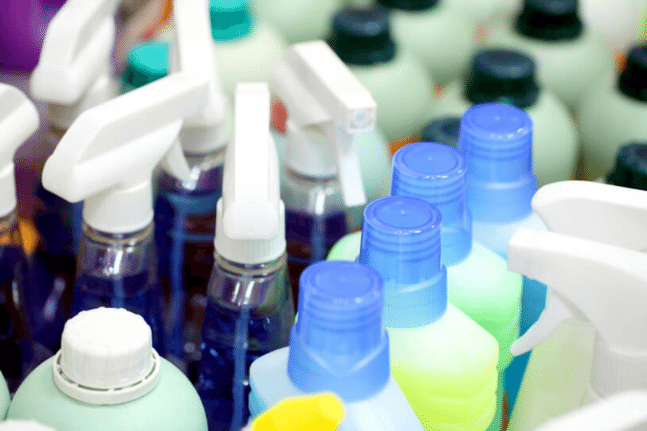Fertility and toxins
Fertility is affected by toxins in your body and in the foods you eat, as well as your chemical/hormonal balance. These toxins have a negative effect on fertility and health in general and increasing fertility depends on not being overloaded with toxins. In order to do this it’s important to eat healthily, breathe as clean air as is possible, drink pure water and have a balanced lifestyle. If the body is overloaded with toxins, it can also lead to problems with the foetus developing in the uterus once someone is pregnant and the baby is affected. Babies just forming in the womb have fewer defences against the toxic chemicals and medications that we often take and if you want to increase your fertility you need to keep this in mind.
The first food to avoid if you are having fertility issues is gluten because gluten and sub-clinical coeliac disease have been found to be linked to reproductive disorders in both males and females. This is because gluten irritates the gut and stops the body from absorbing adequate levels of micronutrients. Eating a lot of carbohydrates can lead to metabolic disorders also and cause extra stress to the body. The stress in turn again leads to fertility issues, creating a vicious cycle. If you are trying to lead a healthy lifestyle, it is important to follow a gluten-free diet, especially if you want to have a baby.
The first food to avoid if you are having fertility issues is gluten because gluten and sub-clinical coeliac disease have been found to be linked to reproductive disorders in both males and females.
There are also many other toxins that will affect your fertility and you need to address these in your lifestyle. Environmental toxins from food, water and air can also be damaging to health. Environmental oestrogens are chemicals that mimic the effects of oestrogen in the body. As these are artificial, too many of them can upset the body balance and impact your hormones. It has been discovered that these oestrogens even affect the fish in our rivers. Side-effects of these oestrogens for women can be painful periods. Men can also be affected and it can slow down sexual development in young boys. Environmental oestrogens are commonly found in plastics, household chemicals, building materials and pollution so it becomes difficult to escape them. If you want to increase your fertility however you need to avoid them as much as possible. The best way to do this is to be aware of the products you buy from the shops and what they contain. Read lots of labels, be aware even of the paint you put on your walls and what it contains, and filter all your water. Remember fluoride is a poison and while it may help our teeth it should not be in our stomachs.
Oxidative stress is another factor that can lead to fertility issues in both males and females. It is a type of cellular damage caused by excessive free radicals in the body. Healthy sperm and egg cells carry healthy DNA, however oxidative stress damages DNA which prevents this from happening. This leads to a lot of problems with fertility such as reducing the chance of fertilisation. Oxidative stress also can damage the endometrium which stops the embryo from implanting itself in the uterus for the female to conceive and also disrupting the female hormone cycle. It is often linked to endometriosis and preeclampsia. Avoiding toxins and having plenty of antioxidants such as vitamins A, C and E are essential if you want to prevent oxidative stress.
These are just a few of the toxins that cause fertility issues. Couple this with poor diet, late nights, too much alcohol or prescription or non-prescription drugs, work-related stress, money issues, family feuding and they all take their toll where fertility is concerned. What to do about it is to be focused with your priorities and enlist the help of a specialist natural therapist or health professional to help you to overcome the lifestyle you are leading and have one with healthier boundaries and a sense of balance. This will assist with fertility issues, help you to be healthier and, when you do conceive, help you have a healthier, happier baby.








